Danny Trejo didn’t get all those distinctive scars in a bike accident. The Mexican-American actor and restauranteur, now a beloved, 77-year-old star of movies like “Blood In, Blood Out,” “Con Air,” “Spy Kids,” “Machete,” and more than 300 other films and TV shows, according to New York Post, knows exactly what it’s like to be the gangsters he so often plays.
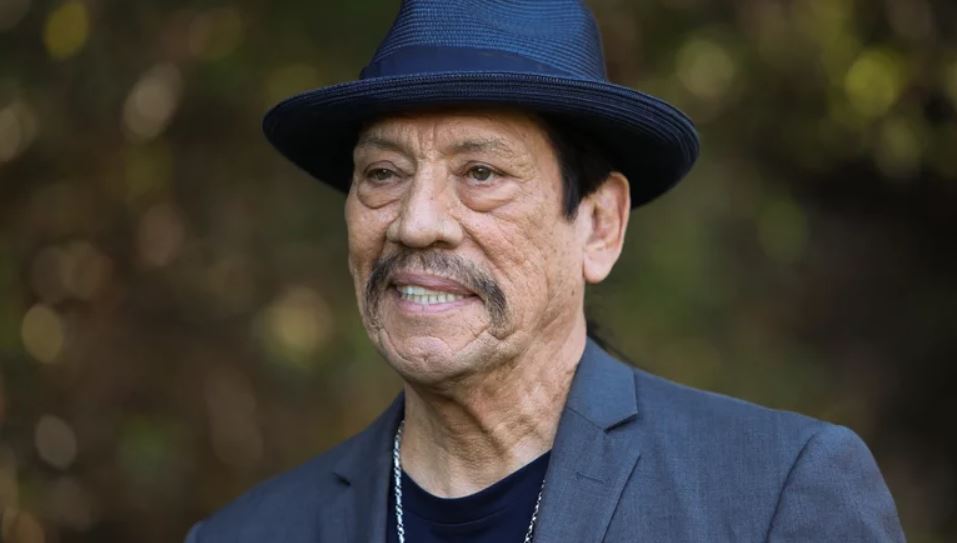
Born in Los Angeles in 1944, Trejo endured more hardships than almost any of his characters. He lived and fought in the streets, took and sold hard drugs, fought for his life against rival gangs with fists and pistols, spent hard time in multiple prisons, and even sat on death row before being released on a technicality. He then cleaned up his act, lucked into a Hollywood role in the ’80s, and never looked back.
But it was a rough road getting there, and it hasn’t been perfectly smooth sailing since. These are tragic details of Danny Trejo.
TREJO’S UNCLE GOT HIM INTO DRUGS AND CRIME
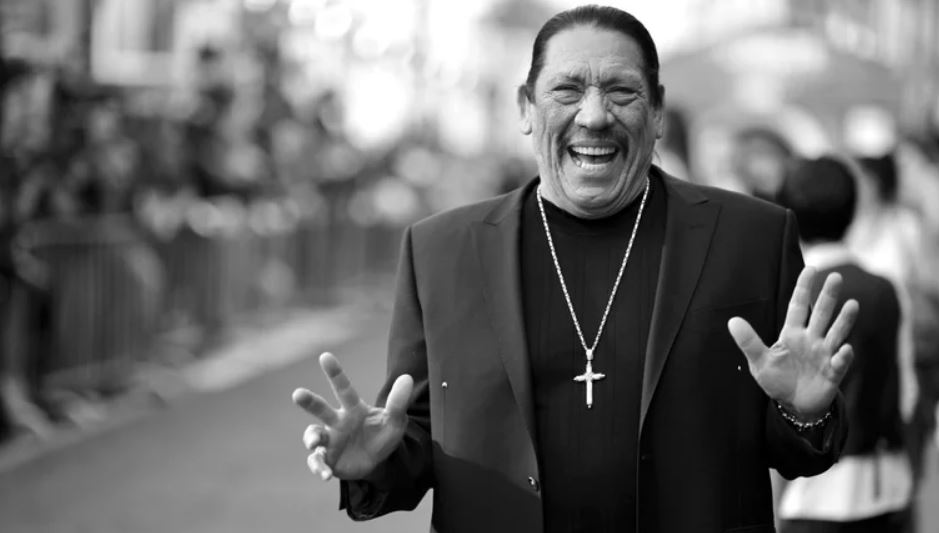
Like many tragic stories, Danny Trejo’s begins with an abusive childhood. The documentary “Inmate #1: The Rise of Danny Trejo” (via film critics Reeling Reviews) describes how the “Machete” and “Breaking Bad” actor suffered serious abuse at the hands of his father and grandfather while growing up. This drove him closer to his Uncle Gilbert, who at least showed him some manner of affection and attention.
Unfortunately, his uncle wasn’t exactly what you’d call a healthy influence during Trejo’s formative years. Under his uncle’s guidance, he got introduced to and hooked on drugs. And that doesn’t just mean marijuana and a little LSD here and there.
It means he started smoking pot at 8, as per Graceland, and was a full-fledged heroin addict before his 13th birthday. Uncle Gilbert also introduced Trejo to crime. The Grantland article says he recounted the following story to a crowd once: “I remember giving my uncle a ride in my mom’s car … He’d say, ‘Stop here, lemme get some cigarettes.’ [He] comes out: ‘Go, go, go!’ … I’d say, ‘You motherf*! I’m in my mother’s car!’ But that was Gilbert. He could have $5,000 in his pocket and do a liquor store for $80.”
Gilbert also turned Trejo into a fighter by simply beating him mercilessly and forcing him to stay on his feet or, in his words, “get my head beat in.” Still a young teen, Trejo had a depressingly intimate and knowledgeable relationship with crime and street life.
If you or someone you know may be the victim of child abuse, please contact the Childhelp National Child Abuse Hotline at 1-800-4-A-Child (1-800-422-4453) or contact their live chat services.
Trejo fought… a lot
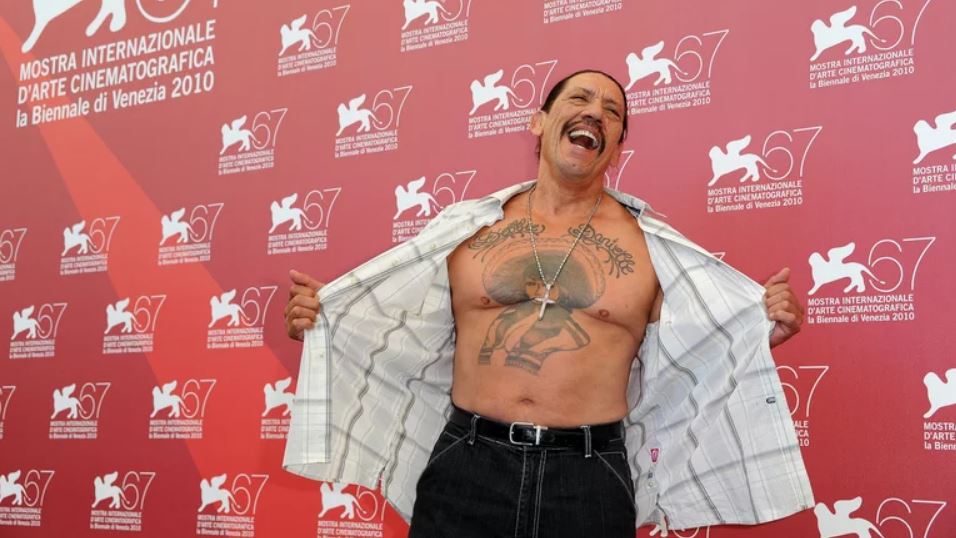
You don’t survive on the streets Danny Trejo grew up on without knowing how to defend yourself. According to Grantland, Uncle Gilbert made sure Trejo was tough by essentially ambushing the kid regularly, forcing him to keep up his guard and learn to strike back unless he wanted a split lip. “I was basically his punching bag,” Trejo later commented.
Brutal as the training was, it did prepare Trejo for a life of crime and incarceration (and, later on, an acting career). It also prepared him for life in his corner of Los Angeles, where warring street gangs bare-knuckle brawled over turf, like Mission Park. There, Trejo learned that everyone is tough, but not everyone is scary. “People ain’t afraid of tough guys,” he said. “People are afraid of crazy guys.”
Benny “the Jet” Urquidez, a champion kickboxer, occasionally fought alongside Trejo in this period. “Danny never backed down,” he said. “He was a natural. He had a big heart, and a strong jaw.” Speaking to Tony Gonzalez, Trejo describes the endless physical threats and demands of growing up in Los Angeles’s Echo Park, which he says was “basically a ghetto.” “It was trouble,” he says. “We were from EP (Echo Park) and we always used to fight with the Temple Street gang and it was just chaos all the time. You fight on the way to school, you fight on the way home and you had to keep people out of your neighborhood which was ours.”
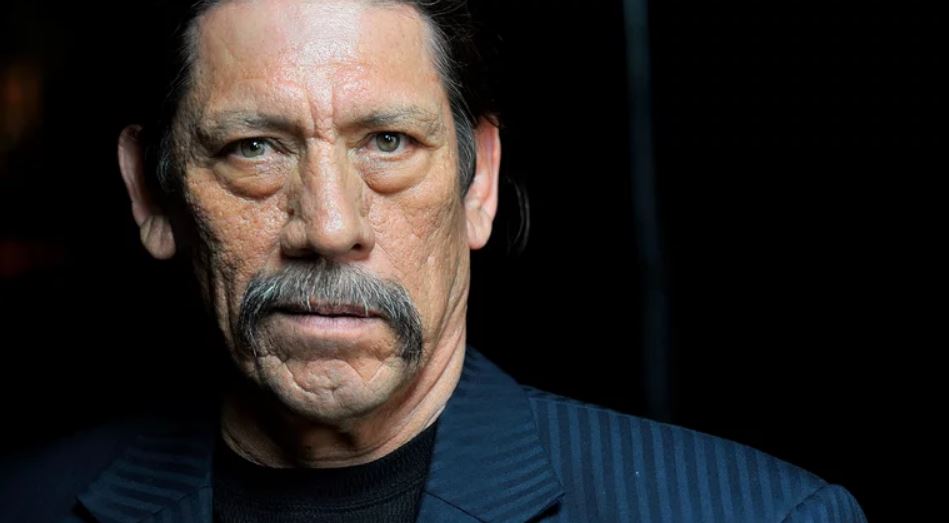
Danny Trejo’s lifestyle of drug use, narcotics dealing, street fighting, and general crime could have only led to death or prison. Luckily, it was the latter, but he didn’t realize how fortunate he was at first.
According to Texas Monthly, Trejo spent 11 years total in various penitentiaries throughout the southwest. He spent some brief time in prison in 1962 for drug dealing and robbery. He got out before too long, but was back in the slammer by 1965, this time for the long haul, after selling four ounces of heroin (he maintains it was sugar, according to the article) to a fed posing as a dope fiend. The grueling experience would eventually shape him into the man he is today, but it wasn’t exactly what you’d call an overnight process. He was still a hard criminal who wasn’t easy to scare.
But that was about to change. In 1968, he was moved from Soledad to San Quentin, known for its execution chambers. According to the article, Trejo’s jovial demeanor changed when the subject shifted to the first time he saw the place up close. “When you pull up to San Quentin, you see two lights up on top of the North Block … You see a red light and a green light. If the red light is on, that means they’re killing someone … That’s the first thing you see, so you know this is a death house — people come in here and don’t come out.”
TREJO HASN’T HAD THE BEST LUCK WITH MARRIAGE
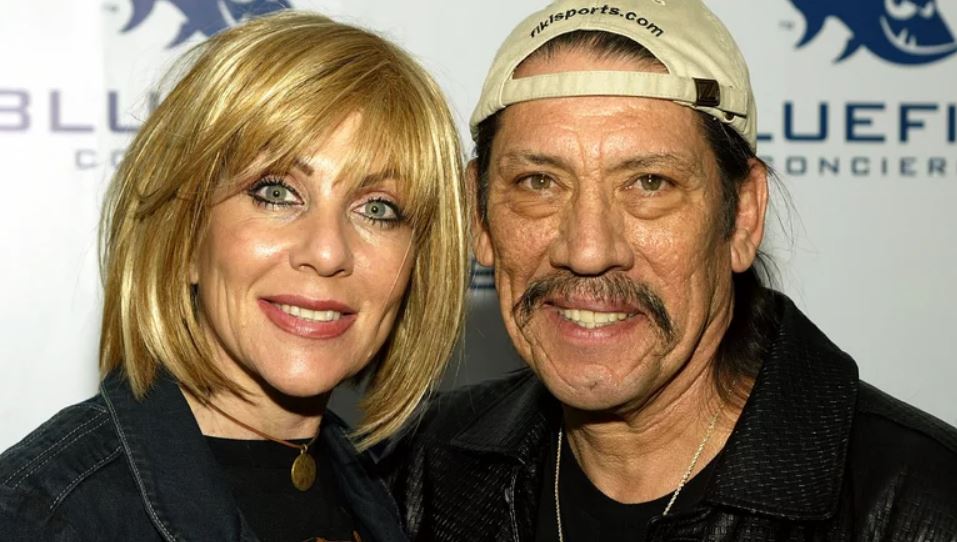
Danny Trejo might not look like Brad Pitt. But as a multimillionaire Hollywood bad boy with a heart of gold, he hasn’t exactly had trouble attracting women over the years. Thing is, attracting women and being a good husband are different skill sets.
HITC has details on the different women of Trejo’s past, and which of his five kids were born with which one. Danielle and Gilbert were from his marriage to fellow actor Debbie Shreve (“High Hopes” and “Tennis, Anyone?” ), to whom he was hitched from 1997-2009 (pretty long for Hollywood). Danny Boy, Esmeralda, and Jose are from various ex lovers, but there’s not much publicly verifiable information about the kids or the women, aside from the fact that one of the women was named Maeve.
In an interview with Screen Rant, Trejo says he spoke to Maeve before releasing his autobiography, “Trejo: My Life of Crime, Redemption, and Hollywood.” Among the topics of discussion was the role his absent parents played in his marital success (or lack thereof). “Why do you think you’ve been married and divorced four times?” he says of himself. “Why do you think you’ve had children with women you weren’t married to? That’s all part of it! She said, ‘I walked into your mother’s house when your son Gilbert was born. I’ve never been in a colder place in my life!’”




